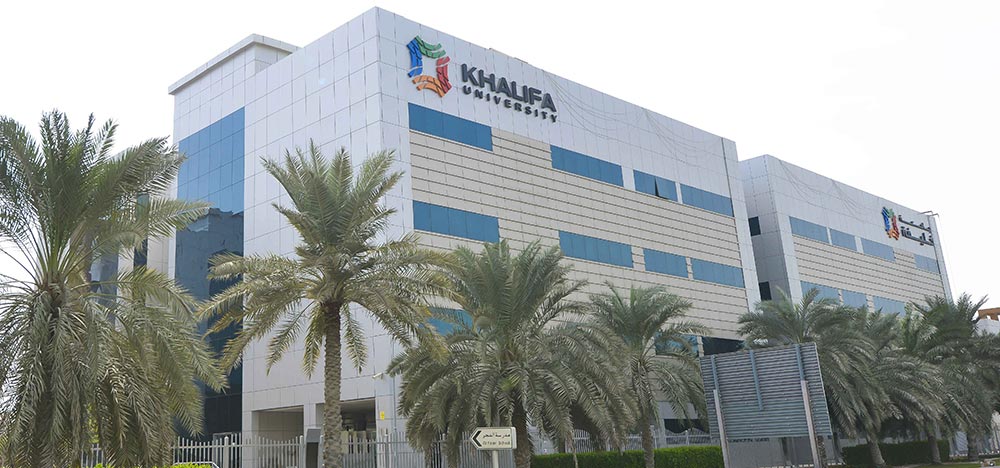The UAE’s first laboratory for measuring radiation levels was inaugurated on Sunday at Khalifa University, with the facility marking another positive step towards ensuring the safe use and handling of radioactive materials in the country.
The opening of the new facility — Secondary Standards Dosimetry Laboratory (SSDL) — is a joint partnership involving the Federal Authority for Nuclear Regulation (FANR) and Khalifa University. Before the opening of the lab, companies that handled radioactive instruments and materials would have to send them abroad for measurements.
“The inauguration of the SSDL represents another step taken to ensure radiation protection of the public, workers and the environment. SSDL is one of the cornerstones at FANR in building the radiation protection infrastructure in the UAE,” said Christer Viktorsson, FANR director general.
“The opening of this lab addresses a real need and requirement for the UAE. It was possible for companies to go abroad to measure the radiation levels of their instruments, but that is both costly and not really effective, and so FANR decided to partner with Khalifa University to establish this lab right here in the UAE,” he added.
“The lab has received the support of the International Atomic Energy Agency (IAEA). The agency carried out several visits to the lab, with the facility passing all IAEA safety tests,” he said.
Viktorsson said the lab would be opened to several different industries, with the prime users set to come from the medical industry with their frequent use of radiography.
“The medical industry will definitely be one of the main users, they will be able bring in their machines to check whether they are using the right doses of radiation. This is very important for the patients, too much radiation is not good for them, and if there is too little radiation the imagery [from the X-rays] will not be good.
“Many other sectors can also use the lab, they just have to contact FANR and tell us that they have instruments they need to calibrate. The instruments are then brought to the lab and measured for their radiation levels, if everything is fine they are given a certificate for the instruments they are using,” he added.
Operating the lab according to Viktorsson will be a team of Emirati experts from FANR.
“We have trained Emirati staff to be able to carry out the radiation measurement services, it’s going to be Emirati FANR staff doing the main work at the lab.”
Viktorsson also spoke about the benefits of having the lab located on a university campus, providing young students with opportunities for research and training.
Commenting on the university’s involvement with the project, Dr Tod Laursen, president, Khalifa University of Science and Technology, said the institution was keen to contribute to the UAE’s growing nuclear sector.
“Supporting this initiative is a great fit for what we need to be doing strategically, we’re committed to supporting the country’s needs and human capital development, and in particular in nuclear technology.
“As a university it’s our goal always to provide thought leadership to the country in the areas of strategic need, I think that all facets of nuclear [energy] are key opportunities for us to do that,” he added.
For more information about Khalifa University, Click here.
